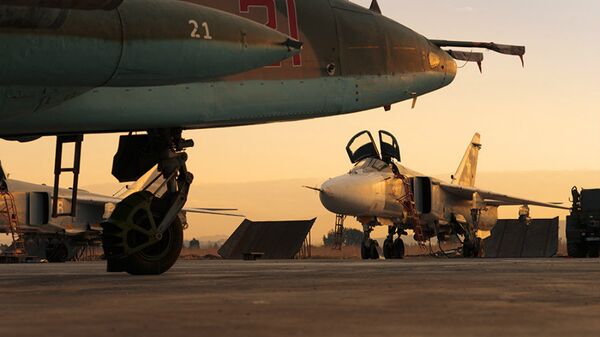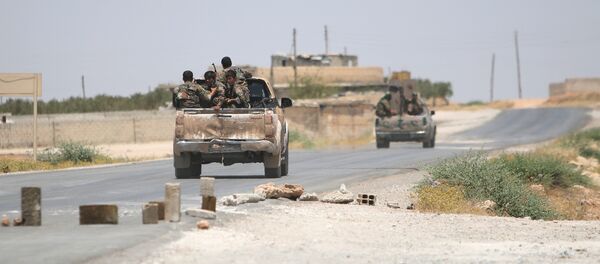For Galacteros, the reports of the group's looming death are greatly exaggerated. She called Daesh's defeat "an illusion," adding that the West made mistakes that contributed to the rise of Islamist groups.
"Sectarian violence is spreading like wildfire, now threatening the stability of Lebanon, Jordan and even Turkey," she added.
Major attacks in Turkey and Iraq are a case in point. A devastating bombing in Baghdad on July 3 claimed 292 lives, making it the worst terrorist attack since the 2003 US-led invasion of Iraq. On June 28, gun fire and suicide bombings at Turkey's Ataturk Airport in Istanbul left more than 45 people killed and 230 wounded.
Galacteros referred to these and other similar attacks as Daesh's "destabilization offensive."
It is against this backdrop that Western countries "continue to refuse to truly unite forces with Moscow to end" the terrorist reign in the Middle East, she added.
For their part, Russian officials, including President Putin, have repeatedly said that international terrorism is a threat so serious that it could only be defeated if everyone joins forces. In particular, Moscow has offered the United States to coordinate their anti-Daesh efforts in Syria, hope to the caliphate's capital of Raqqa.
This cooperation would be possible if the Obama administration "silences 'hawks' in NATO and elsewhere, respects Russia's 'red lines' with regard to Ukraine, Georgia and Armenia, as well as relaxes the financial and economic pressure on Moscow via sanctions," Galacteros added.




